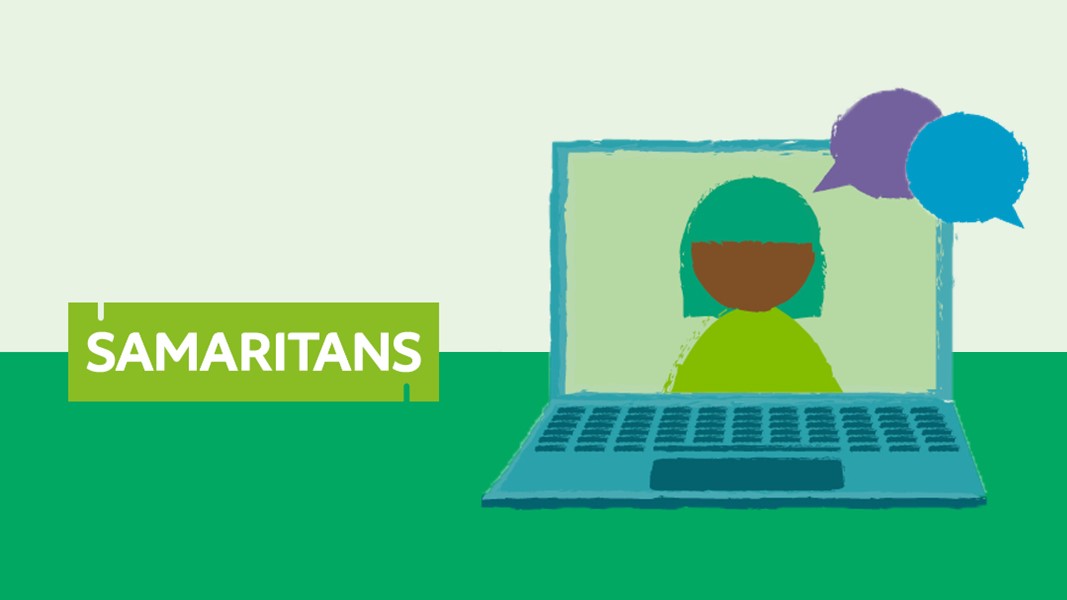People who access support around suicide and self-harm are urging practitioners to have more conversations around online safety.
The plea follows a survey of over 80 people with lived experience carried out by Samaritans, which revealed that almost all respondents (94%) had never been asked by a practitioner about their online activity around these issues.
The survey respondents were all over 18 years old and had experience of suicidal thoughts, suicide attempts, and self-harm.
Ahead of Safer Internet Day (Tuesday 7 February 2023) we are sharing some key themes taken from the feedback to help practitioners increase support around online activity relating to suicide and self-harm.
We are also highlighting training that is available to assist anybody who provides support around these issues, enabling you to have conversations about online safety.
Asking about online activity
Most respondents to the survey thought that practitioners should ask about online activity when talking about their self-harm or suicidal thoughts or feelings. They said that this could address stigma and make people feel more comfortable talking about their online activities. They felt that these questions could help the practitioner understand people’s suicide and self-harm risk and their support needs better.
“If they didn’t ask me, I would never talk about my online use for fear they’d think it was weird or wouldn’t understand. By asking it would stop me feeling so embarrassed.”
It’s important to ask in the right way
A small number of respondents worried that these questions could be intrusive. They highlighted the importance of approaching these questions in a non-judgmental way. They said it was important to ask about online activity directly, but that building rapport first can sometimes help people feel comfortable opening up. They encouraged practitioners to make sure there’s plenty of time for the conversation, avoiding interruptions.
“Make sure there’s no judgment or shame in the reaction. Be very careful about getting them to stop. It has to be their decision if they’re going to give up viewing content.”
How practitioners can help people stay safe online
Respondents said that by asking people what they do online in relation to suicide and self-harm, practitioners could help people reflect on their online activity and how it makes them feel. They said that practitioners could help challenge harmful online behaviours and signpost to more supportive online spaces.
Guidance for practitioners on internet safety around suicide and self-harm
The majority of respondents (69%) were concerned that practitioners might have gaps in their knowledge around how people use the internet in relation to self-harm or suicide. They thought they might have negative preconceptions or assume that online issues only affect younger people.
“They think it is a negative thing but sometimes you can get good support from recovery communities… You just need to make sure you follow people who are positive influences and good for you.”
Respondents recommended that practitioners access regular training to stay up-to-date with the latest internet safety knowledge.
Access to training
Samaritans recently launched an elearning course on internet safety, suicide and self-harm in partnership with Health Education elearning for healthcare.
The training takes approximately 20 minutes to complete and gives an introduction to how to support people around their online activity relating to suicide and self-harm. The course is free to access and relevant to anyone providing ongoing care around suicide and self-harm.
Visit the elearning programme now and start these conversations today.



Comments are closed.